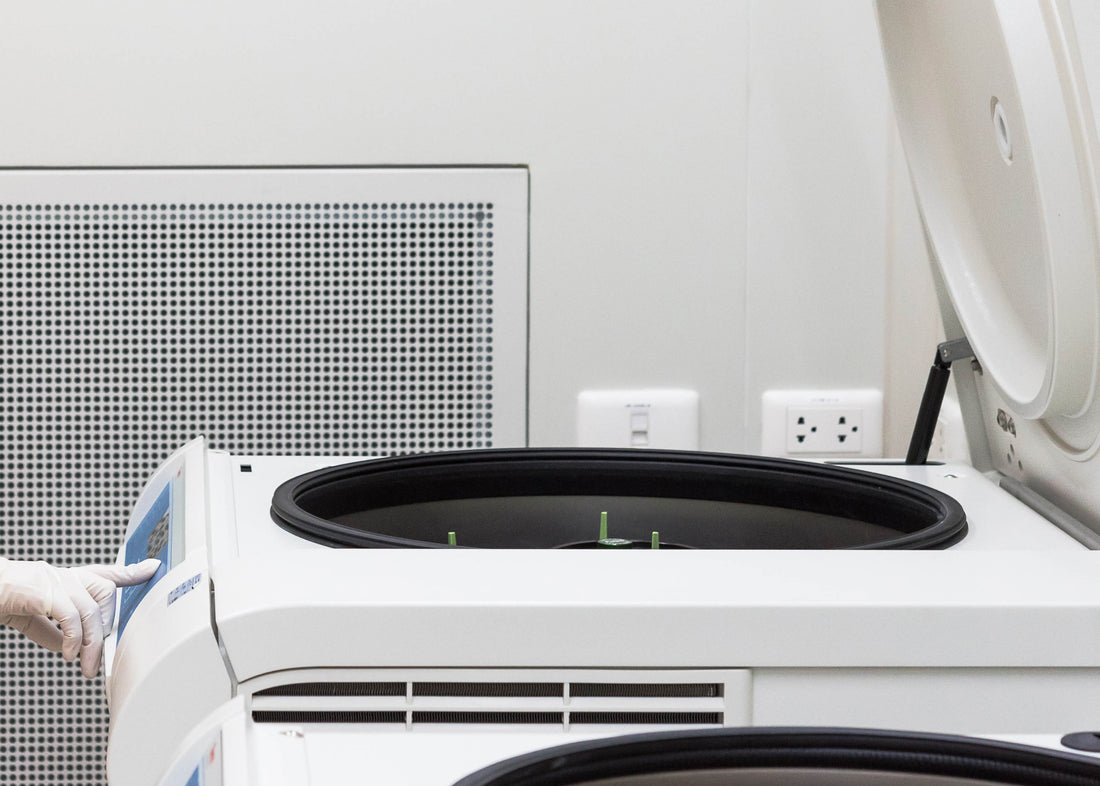
Air Quality and Productivity: How Clean Air Boosts Performance
In today’s fast-paced world, it is ever more important for businesses to enhance productivity and ensure that employees can perform at their best. Strategies like optimizing workflows and enhancing workplace culture are often the first improvements to come to mind, but one critical factor is frequently overlooked: indoor air quality. The air we breathe at work has a profound impact on our health, well-being, and productivity.
The Science Behind Air Quality and Cognitive Function
Numerous studies have shown a direct correlation between air quality and cognitive performance. Poor indoor air quality, often characterized by high levels of carbon dioxide (CO2), volatile organic compounds (VOCs), and particulate matter, can lead to symptoms such as headaches, fatigue, and difficulty concentrating. These symptoms, sometimes referred to as "Sick Building Syndrome," are not just inconvenient; they can significantly hinder an employee’s ability to think clearly, make decisions, and maintain focus.
In contrast, environments with clean air, free from pollutants and allergens, have been shown to boost cognitive function. A Harvard study found that employees working in well-ventilated offices with lower levels of indoor pollutants performed 61% better on cognitive tasks compared to those in poorly ventilated environments. This improvement wasn’t limited to a single area; the study showed enhanced performance across various cognitive domains, including crisis response, strategy, and information usage.
The Impact of Air Quality on Health and Attendance
Beyond cognitive function, air quality has a direct impact on physical health, which in turn affects productivity. Poor air quality can exacerbate respiratory conditions such as asthma and allergies, leading to increased sick days and decreased overall well-being. In fact, the World Health Organization (WHO) estimates that indoor air pollution is responsible for 3.8 million deaths annually, highlighting the severe consequences of ignoring air quality.
For businesses, this means that investing in air filtration systems and ensuring a healthy indoor environment can lead to fewer sick days, reduced healthcare costs, and a more resilient workforce. When employees feel healthy, they are more likely to be engaged, motivated, and productive.
How Clean Air Enhances Workplace Performance
Improving indoor air quality doesn't just prevent negative outcomes; it actively enhances workplace performance. Clean air contributes to better sleep, which is essential for cognitive function and overall health. Employees who sleep well are more alert, focused, and capable of handling complex tasks. Additionally, a clean and fresh environment promotes a sense of well-being and comfort, reducing stress and improving mood.
Moreover, a well-maintained air filtration system can also control humidity levels, which prevents the growth of mould, and the spread of airborne bacteria and viruses. This is particularly important in shared office spaces where illnesses can spread quickly, leading to outbreaks that can severely disrupt productivity.
Steps to Improve Air Quality in the Workplace
Given the significant impact of air quality on productivity, businesses should prioritise creating a healthy indoor environment. Here are some steps to get started:
- Invest in High-Quality Air Filtration Systems: Ensure that your workspace is equipped with high-efficiency particulate air (HEPA) filters or equivalent, which can capture a wide range of airborne pollutants. To read about our HEPA filters in more detail, read our ‘HEPA Filters – How To Handle Them’ blog, and to see our full range of HEPA filters, click here.
- Monitor and Maintain Indoor Air Quality: Regularly check air quality levels using sensors that monitor CO2, VOCs, and particulate matter. Schedule routine maintenance of HVAC systems to ensure they are functioning optimally.
- Increase Ventilation: Whenever possible, increase natural ventilation by opening windows and using fans. This helps to dilute indoor pollutants and bring in fresh air.
- Implement Green Practices: Incorporate plants into the office environment. Plants not only add to the aesthetic but also help purify the air by absorbing CO2 and releasing oxygen.
Final Notes
Clean air is more than just a comfort—it's a vital component of a productive workplace. By prioritizing air quality, your business can not only improve the health and well-being of its employees but also boost overall performance. As research continues to shed light on the profound effects of indoor air quality, it’s clear that the benefits of clean air extend far beyond just avoiding illness—they reach into the core of what makes a workforce effective and successful.
Invest in clean air today, with our highest quality HEPA filters, and our full filter range.
